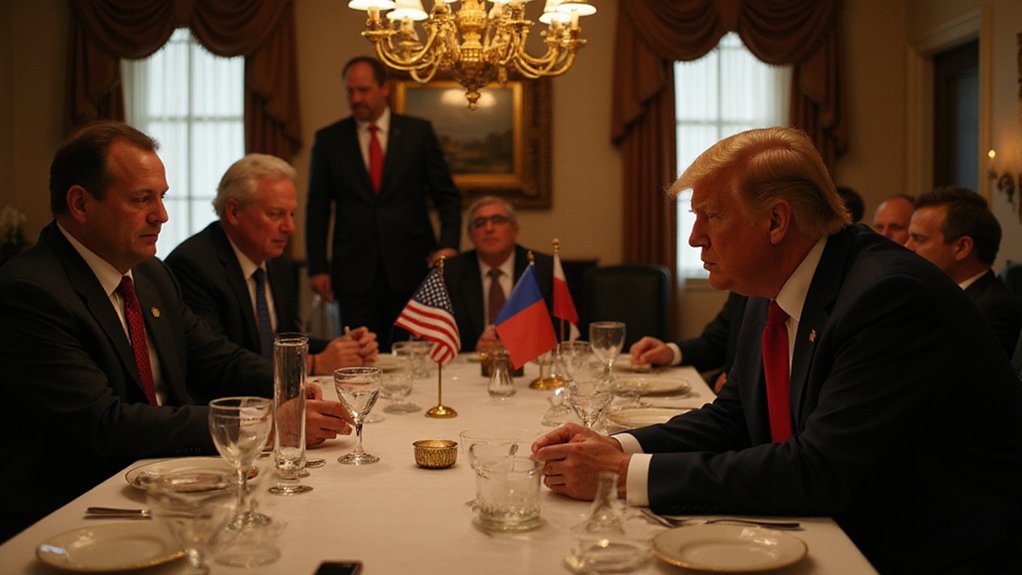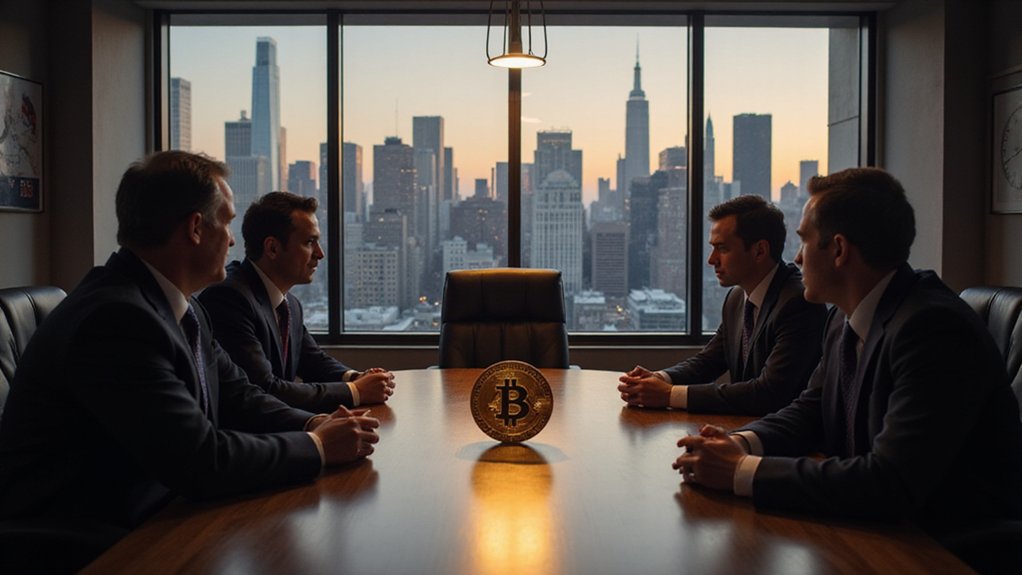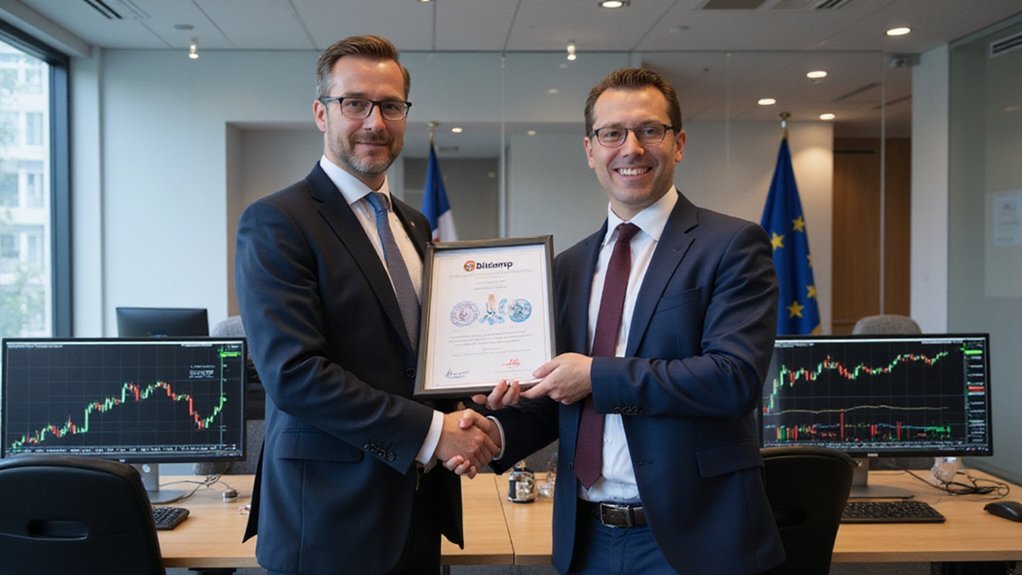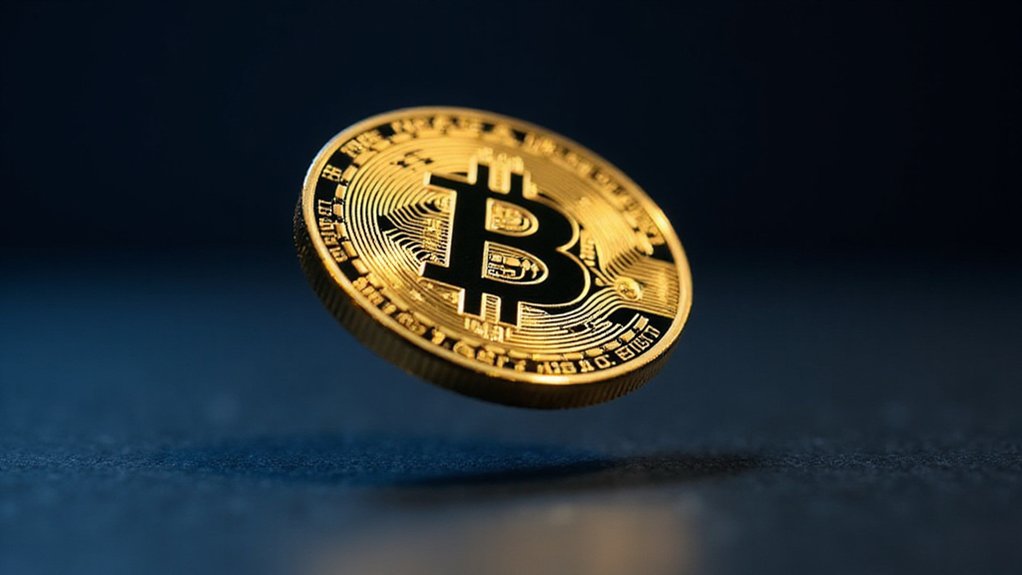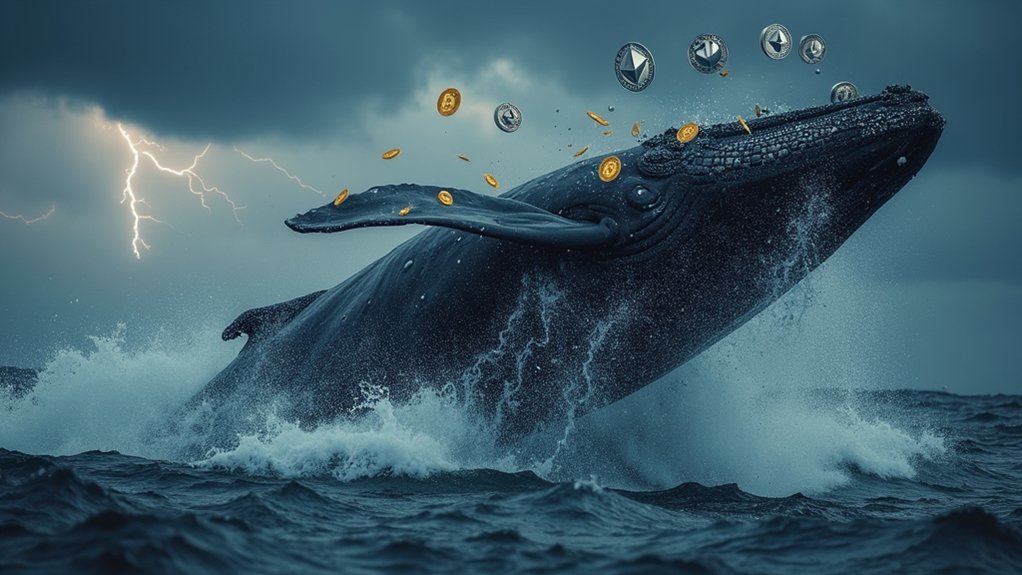How exactly does one quantify the going rate for direct access to a former—and potentially future—U.S. president? According to recent developments, the answer appears to be approximately $1.7 million per dinner seat, with premier access commanding north of $10 million. Trump’s cryptocurrency venture has ingeniously transformed political proximity into a tradable commodity, with the top 220 purchasers of his $TRUMP token gaining coveted dinner invitations at his Northern Virginia golf resort.
The guest list reveals a concerning trend: foreign crypto executives from Taiwan, South Korea, and beyond have secured seats at this table of influence. Vincent Liu, a Taiwanese crypto executive, and Sangrok Oh from South Korea, have been strikingly forthright about their intentions—to influence Trump’s financial and crypto policies in their favor. The transactional nature of this arrangement is hardly concealed; as Oh noted, the gathering is “essentially a fundraising event for Mr. Trump.”
What differentiates this from traditional lobbying is its tiered access model: invest more, get closer. The top 25 buyers, having collectively contributed over $111 million, receive “ultra-exclusive” VIP perks including private receptions with Trump himself. Among these top-tier attendees was Chinese billionaire Justin Sun, founder of Tron, who paid millions for privileged access. Critics have described this exclusive gathering as an orgy of corruption that leverages the presidency for private financial gain. This structure creates a perverse incentive system where political influence scales directly with financial investment.
The price of political power, now conveniently structured: contribute more, command greater influence over potential policy decisions.
Critics from across the political spectrum have denounced the arrangement as “an orgy of corruption” and a “blatant conflict of interest.” The mechanism bypasses traditional fundraising limits by leveraging cryptocurrency’s global accessibility and relative anonymity—effectively creating a shadow influence channel immune to conventional oversight.
Perhaps most troubling is the lack of transparency regarding the origin of these funds. The cryptocurrency ecosystem provides a convenient veil over what would otherwise be heavily scrutinized foreign financial participation in American politics. Sun’s platform, with its DPoS mechanism that concentrates decision-making among 27 “Super Representatives,” mirrors the concerning centralization of influence occurring at these high-priced dinners. While protesters chanted “shame” outside the venue, inside, investors were quite literally buying their way into potential policy considerations.
The commodification of presidential access represents a concerning evolution in influence peddling—one where the price of political leverage is explicitly quantified, publicly tracked via leaderboard, and available to the highest global bidder.
